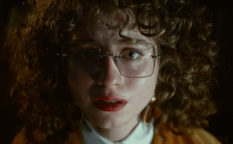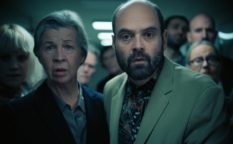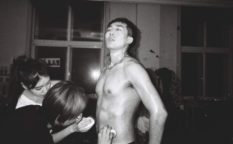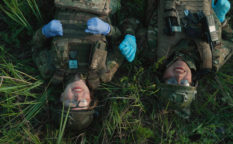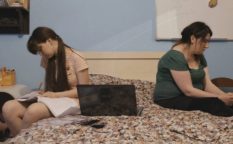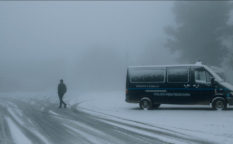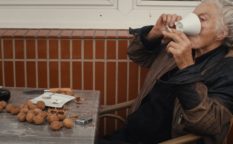SXSW 2021: When Claude Got Shot
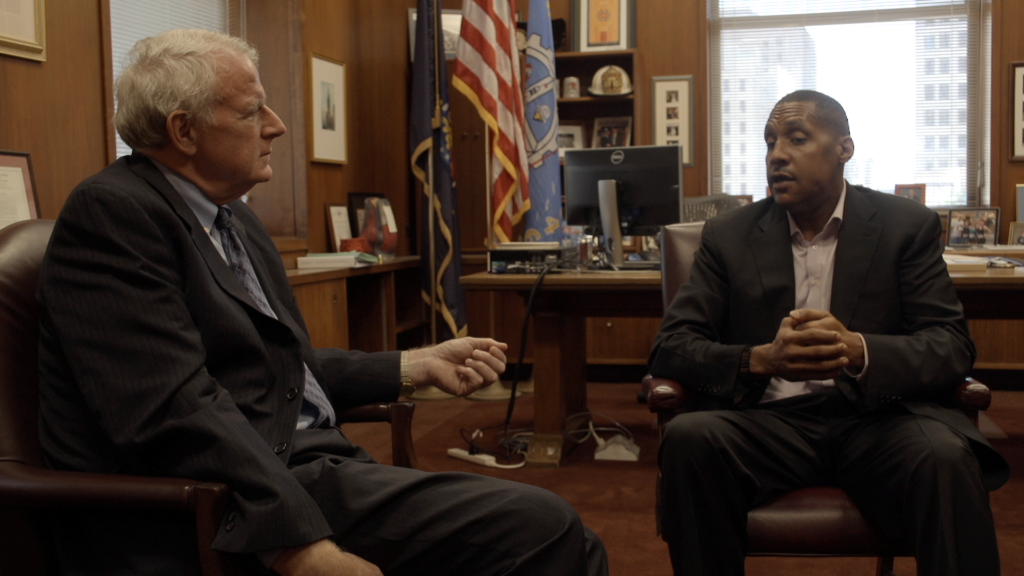
Brad Lichtenstein’s documentary does not bury the lede. There’s barely time for the obligatory drone shot – in this case of hometown Milwaulke – before Claude Motley is recounting how he got shot in the face. The law student and former Milwaulke resident was back in town for a class reunion, dropping a friend off at his house when a gun was tapped on the car window and when he tried to escape, Claude was shot. Despite this, he managed to drive to the hospital only to wake up shackled to the bed, presumed to be a perpetrator rather than a victim.
Gun crime and its consequences are the subject of When Claude Got Shot, a brilliantly wide-ranging and nuanced examination of a topic that all too often lives in black and white simplicities. Lichtenstein’s approach is to go wherever the story takes him and this story has more than a few twists and turns in its journey. Dead center is, of course, Claude himself: an aspiring member of the black middle class, a husband and father. His wife is a high powered lawyer, who brooks no nonsense, telling the camera: ‘Claude doesn’t need me to freak out, he needs me to handle this.’ The immediate consequences are obvious as Claude undertakes a number of surgeries with many more on the horizon. He also has to deal with the psychological ramifications as he finds driving around the neighborhood triggering in a very literal way.
The plot thickens when the perpetrator himself is shot while trying to carjack another victim. It turns out the shooter is a juvenile, 15 year old Nathan King. None of the most obvious ‘causes of crime’ boxes get ticked. The boy is from a two-adult household, is relatively middle class and goes to a good school. Now he’s possibly going to be in a wheelchair for the rest of his life as well as facing charges for shooting Claude. Initially this takes place in children’s court before a series of breaches of his custody agreement see him transferred to the adult system.
The strength of the documentary is the way it manages to widen the scope of its interest to decompose Nathan and his mother, Claude’s friends and family, as well as Victoria – the nurse who now must live with having shot Nathan – and her husband, without losing focus. It’s like watching the ripples of this single traumatic event spreading without ever weakening. Claude feels an obvious conflict in how he wants some kind of justice and closure but at the same time feels himself reluctantly empathizing with Nathan and the life he has lived up until this point. Claude’s own background is not too far away from Nathan’s: ‘I was teammates with murderers.’ And all this is happening while Claude also has to deal with terrifying medical costs, failed insurance claims, his own legal career going awry and the emotional fallout that threatens his close relationships.
Brad Lichtenstein has created a deeply humane portrait of a tragic event, the consequences of which are both deep and far reaching. He achieves a panorama of the fallout using every document at his disposal, from crime scene photographs and security footage to fly on the wall observation and intimate interviews. There’s also a sense of how the police and the courts deal with the situation. It’s fascinating to see a police camera recording of Victoria being told about the status of Nathan after he has been shot. The type of film and the angle takes on a sense of guilt even though she is being interviewed as a victim. In a way this is the subtle power of the film in a nutshell: a crime splashes everyone with guilt, trauma and a yearning sense of the irreversibility of time. As one of Claude’s daughters says when asked what she has learned from the events: ‘The world is not a good place.’
Country: USA
Language: English
Year: 2021
Runtime: 94′
Director: Brad Lichtenstein
Producers: Brad Lichtenstein, Steven Cantor, Jamie Schutz
Executive Producers: Ted Chung, Leslie Fields Cruz, Geralyn Dreyfous, Sally Jo Fifer, Lois Vossen
Co-Producer: Santana Coleman
Director of Photography: Colin Sytsma
Editor: Michelle Chang









